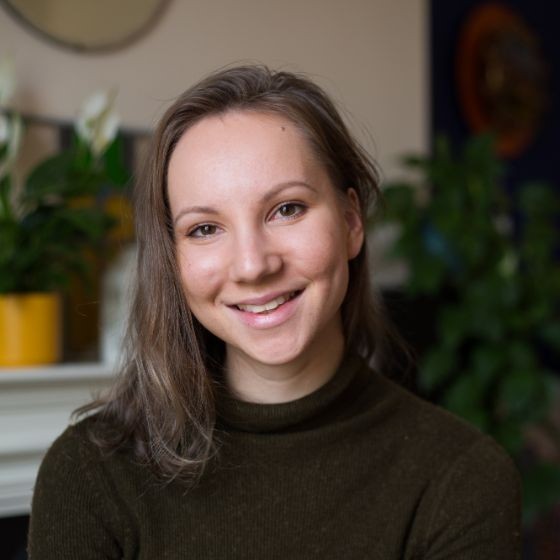Researcher Details

Name
Hazel
Nationality
UK
University
The University of Sheffield
Research Pathway
Civil Society, Development and Democracy (CDD)
Thesis Project
When Do Transparency Interventions Build Trust? Investigating the Impact of Legally Mandated Disclosures on UK Citizen Evaluations in the Context of Online Political Campaigning
Mode of Study
Full-time
Host Details
Host Name
Office for Statistics Regulation
Host Location
London
About the Host
The Office for Statistics Regulation (OSR) regulate the use of statistics in public discourse. They set a code of conduct and assess compliance on a case-by-case basis. They also participate in public information campaigns and work to promote the values of transparency and accountability within the UKs political culture.
Website
Visit
Type of Organisation
Public sector
Employment Area
Regulatory
About the Placement
Role Title
Project Advisor
Mode of Placement
Full-time
Placement Location
Online
How did you find your placement?
It was advertised on the WRDTP website / by email announcement
What were your main responsibilities during your placement?
I was tasked with creating a report to inform the OSR’s response to a recommendation from the Public Administration and Constitutional Affairs Committee (PACAC). The committee had praised the OSRs recently created transparency guidance for statistics producers and recommended that this be extended into an annual scorecard, where the actions of said producers would be monitored and scored against the guidance.
My main tasks involved:
-
reviewing the use of scorecards by UK regulators,
-
identifying the risks and how such risks could be mitigated,
-
leading meetings with civil society stakeholders,
-
giving internal presentations,
-
writing up a report to guide next steps,
-
attending weekly meetings with my supervisor as well as a monthly internal working group where I gave updates on my findings, received feedback and participated in broader discussions.







